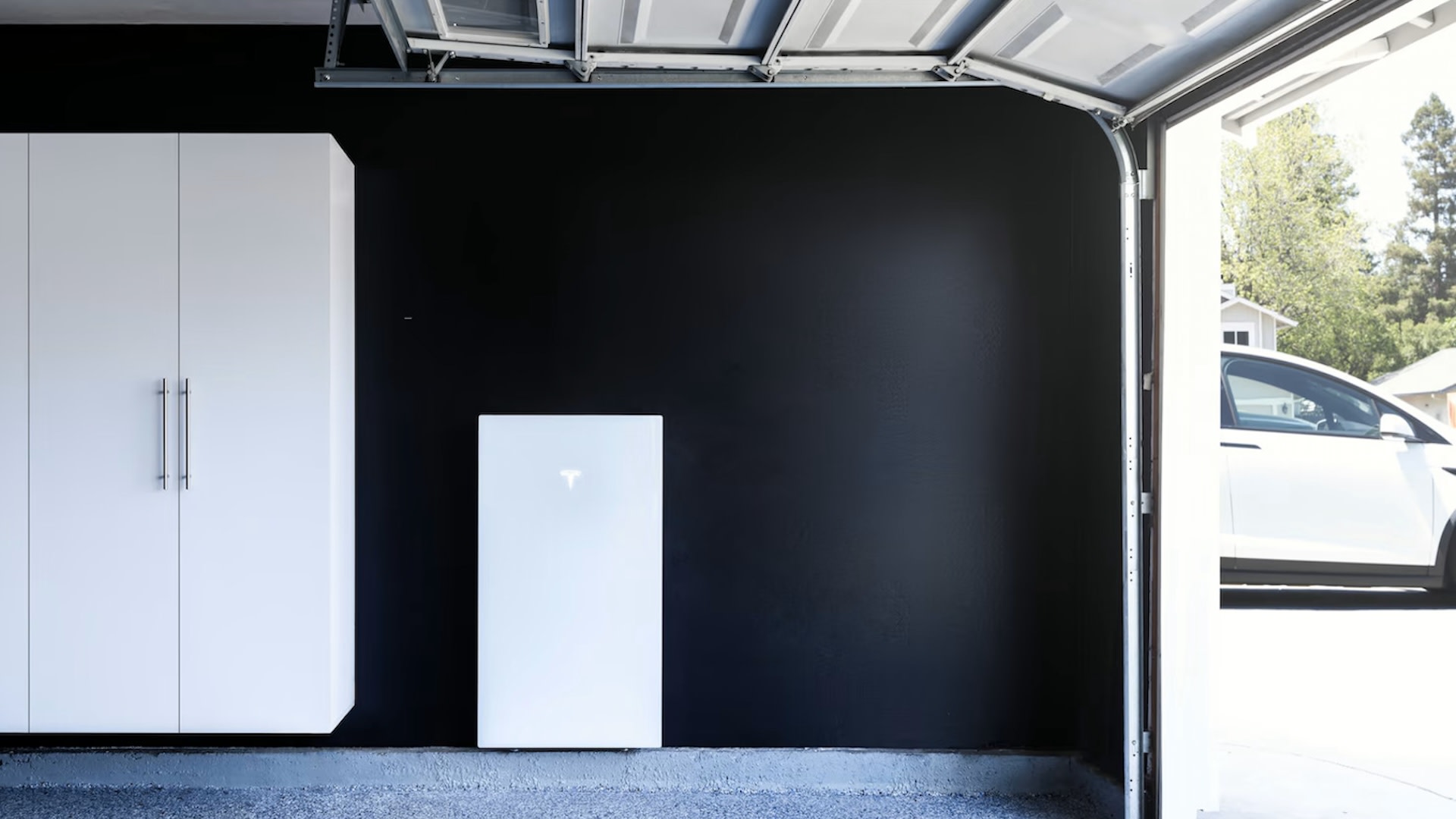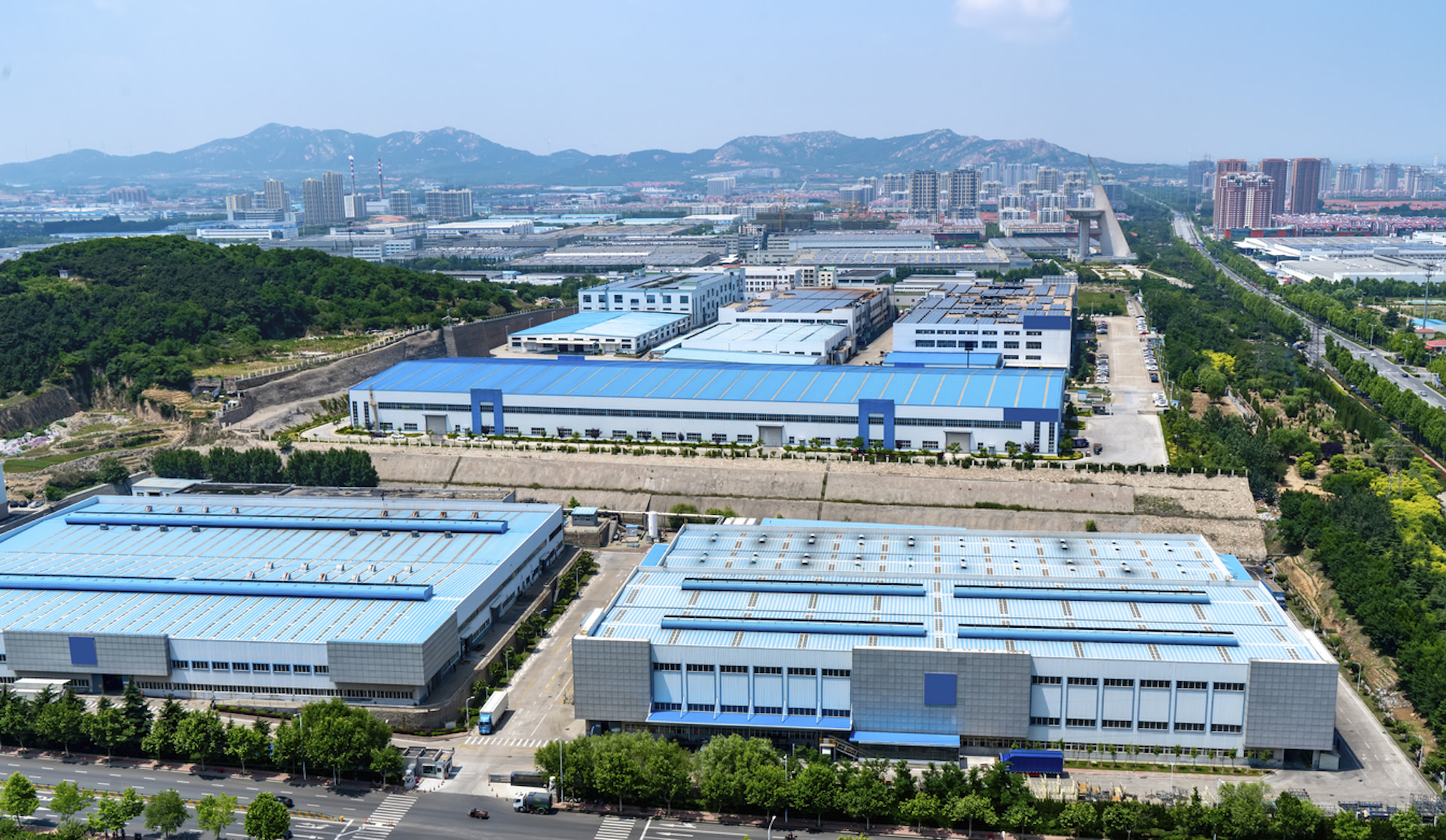Almost everyone knows that Tesla is one of the most successful electric vehicle companies in the U.S. and across the world. But that's not all it contributes to the clean energy industry.
While CEO Elon Musk has put himself and the company in headlines for many reasons in recent years, often drawing a lot of criticism and controversy, Tesla itself has generally maintained a strong reputation.
That rep took a bit of a hit at the latest Robotaxi unveiling event, which was panned by many (including a diplomatic but clear criticism from the industry's biggest YouTuber, Marques Brownlee) for seeming unrealistic about expectations but also presenting a degree of smoke and mirrors around the Robovan and what many saw as a sneaky use of human teleoperators for its Optimus robots. While any or all of the three products showcased at the event could end up making the company money, the bad press caused Telsa's stock to drop about 13%.
Still, when it comes to pushing the boundaries of cleaner electrification technology, Tesla is probably the first company that comes to mind for most experts, and that's not just cars and robots. From advancing how we charge our EVs to providing energy storage for entire power grids, Tesla has made it clear that it is much more than just a company that makes cars.
Wireless EV charging

Tesla recently invested $76 million in acquiring a German startup called Wiferion that focuses on creating wireless charging for EVs and robots. In the near future, you could charge your EV by simply parking it on a charging pad.
Though it has not said much publicly about the acquisition of Wiferion or its plans for wireless charging, it is clear that Tesla is investing in the future of EVs. The company aims to make owning, using, and charging EVs a better experience.
Home energy storage

Tesla's newest home energy system, Powerwall 3, allows customers to store energy in battery packs for future use. This enables customers to save money on energy usage, especially if they have solar panels.
Updates from the Powerwall 2 include a maximum continuous power of 11.5 kilowatts (up 130%), easier setup, cheaper and easier battery stacking capabilities, and longer battery life.
Solar rooftops

The Tesla Solar Roof is the first-of-its-kind alternative to solar panels that replaces your roof with glass tiles mixed with regular roofing tiles to harness the sun's energy.
However, it does come at a hefty price — $154,000 on average — while a typical solar roofing project comes in at around $25,000. Federal tax credits can help make the price more manageable, and the Solar Roof is a sleeker alternative to traditional solar panels.
The Megapack

The Megapack is one of Tesla's newest additions to its large-scale clean energy storage systems, with a 600 megawatt-hour capacity and 300 megawatt-hour power rating, equal to the amount of energy that 80,000 homes consume daily.
Danish multinational energy company Ørsted plans on using the Megapack to store energy from the world's largest wind farm off the coast of England and deliver stable, clean energy to the U.K. power grid.
Clean energy storage Business

Tesla didn't stop at creating the Megapack; it's producing them at a massive scale, which is critical to making a difference in the world's ability to harness and store renewable energy.
Tesla Energy, Tesla's clean energy storage business, is set to expand faster than its car production in 2024. The company's Megafactory in California is one of the largest utility-scale battery factories in North America, producing 10,000 Megapack units every year.
2023 updates showed a 125% growth in Tesla Energy's total energy storage deployments from 2022, and Tesla plans on doubling that again in 2024 to meet rising energy demands.
Join our free newsletter for weekly updates on the latest innovations improving our lives and shaping our future, and don't miss this cool list of easy ways to help yourself while helping the planet.









